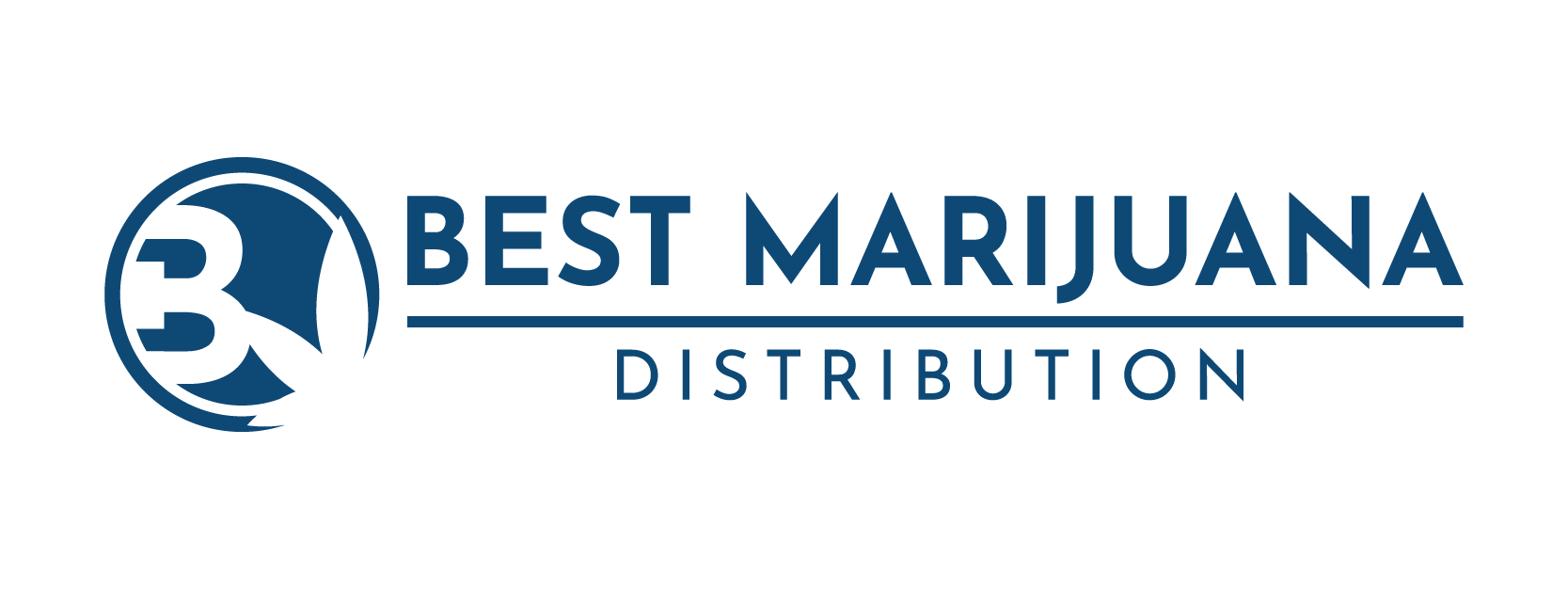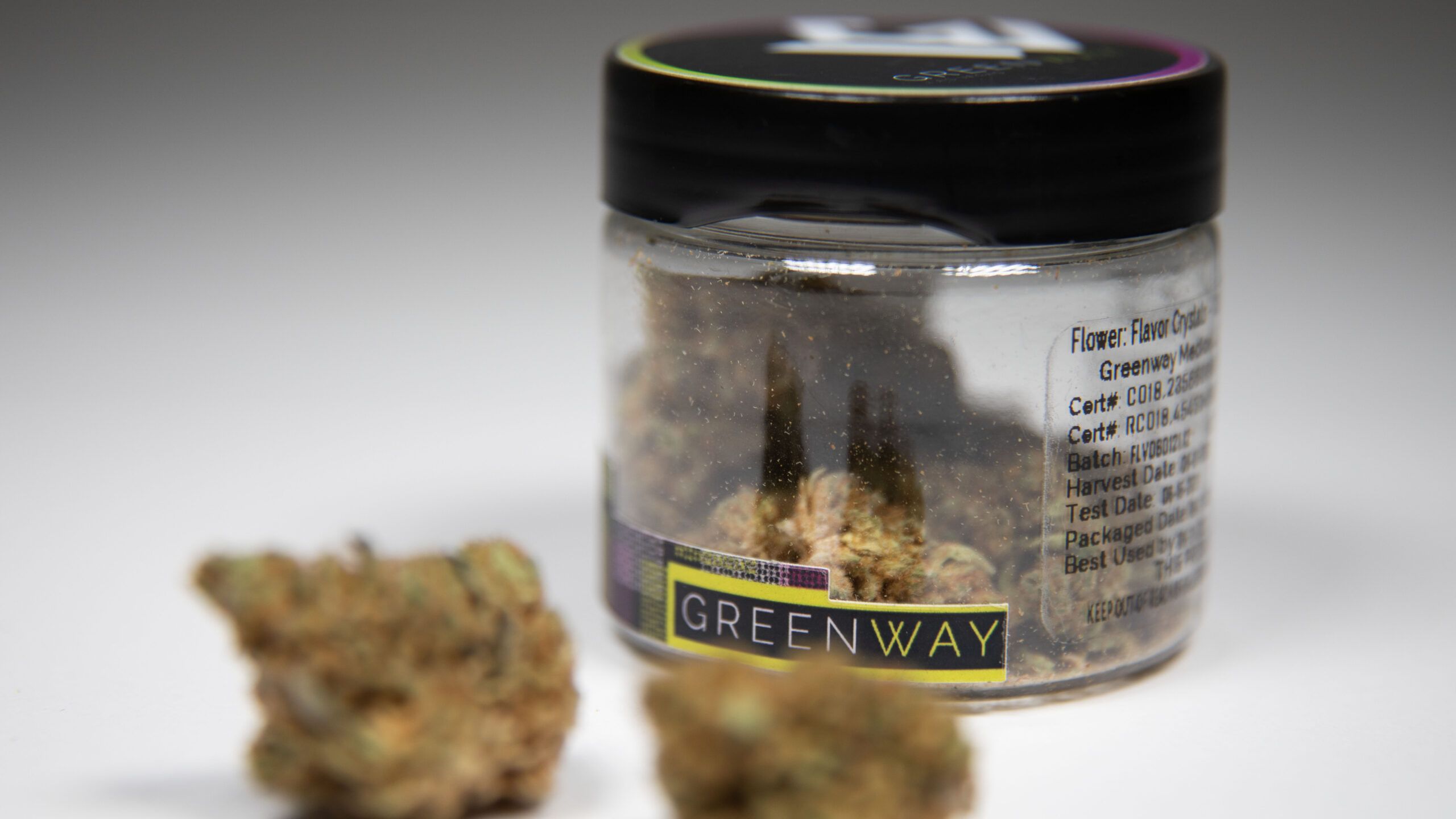The role of testing laboratories is paramount in safeguarding product quality and consumer safety. These labs serve as the industry’s quality assurance gatekeepers, ensuring that cannabis products are free from harmful contaminants and accurately labeled before reaching dispensary shelves.
Ensuring Safety Through Rigorous Testing
Cannabis testing laboratories conduct comprehensive analyses to detect a range of potential contaminants, including pesticides, heavy metals, microbial impurities, and residual solvents. Exposure to heavy metals like lead or arsenic can pose significant health risks, particularly for medical patients and immunocompromised individuals. By identifying and quantifying these substances, labs play a critical role in preventing unsafe products from entering the market.
Verifying Potency and Consistency
Accurate labeling of cannabinoid content, especially THC and CBD levels, is essential for both recreational users and medical patients. Testing labs verify these potency levels, ensuring that consumers receive products that meet their expectations and therapeutic needs. This verification process helps maintain consistency across batches, fostering trust between consumers and producers.
Challenges of Inconsistent Standards
Despite their critical role, cannabis testing labs face challenges due to the lack of standardized testing protocols across different states. In the absence of federal oversight, states have developed their own testing requirements, leading to a fragmented regulatory landscape. This inconsistency can result in variations in testing methods, acceptable contaminant levels, and sampling procedures, complicating compliance for multistate operators and potentially compromising product safety.
Addressing “Lab Shopping” and Ethical Concerns
The practice of “lab shopping,” where producers seek out labs that may provide more favorable results, poses a significant ethical concern. This can lead to inflated THC potency reports and underreporting of contaminants, undermining consumer trust and market integrity. Allegations and lawsuits across various states have highlighted this issue, drawing attention to the need for more stringent oversight and standardized testing protocols to ensure the reliability of lab results.
The Path Forward: Standardization and Transparency
To enhance the credibility and effectiveness of cannabis testing, there is a pressing need for standardized testing methods and regulatory frameworks. Implementing uniform standards would facilitate consistency in testing outcomes, reduce the risk of unsafe products reaching consumers, and streamline compliance for producers operating in multiple states. Additionally, promoting transparency through the use of Certificates of Analysis (COAs) can empower consumers to make informed decisions and hold producers accountable for product quality.
In Review
Cannabis testing laboratories are integral to the industry’s commitment to product quality and consumer safety. By conducting thorough analyses for contaminants and verifying potency, these labs help ensure that cannabis products are safe, effective, and accurately labeled. Addressing the challenges of inconsistent standards and unethical practices through standardization and transparency will further strengthen the industry’s integrity and consumer trust.

